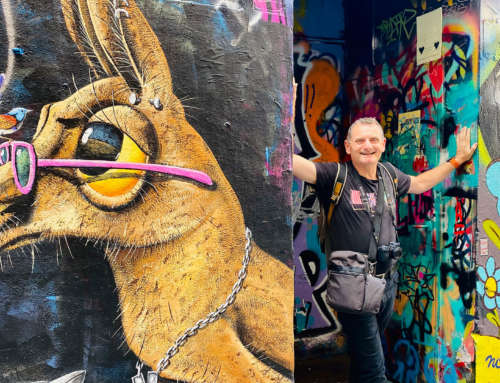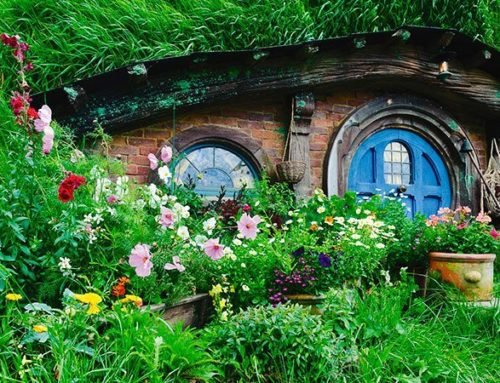What is Culture Shock?
Culture shock is the term used to describe the feeling of anxiety that a person can experience after they have moved into an entirely new environment.
When does someone experience Culture Shock?
The experience and feelings of Culture Shock generally surface within a few weeks of arriving in a new place and/or culture.
What does Culture Shock feel like?
The experience and feelings vary for each individual. Generally a feeling that they are lacking direction, floundering within a new environment and questioning what they believe is appropriate behavior in their new environment.
Why does this happen?
A person in a new country may begin to feel that how they previously lived life in their old country is no longer deemed acceptable or perhaps is not considered as normal in their new environment. These feelings can stem from frustration at being unable to comprehend simple tasks in their new life such as not knowing how to use a banking machine or learning to understand local public transportation (bus routes, etc).
What are the symptoms of Culture Shock?
Many people are unaware that they are experiencing Culture Shock. Symptoms may include feelings of sadness, loneliness, physical aches and pains, insomnia or the desire to sleep a lot, depression, feeling vulnerable, anger, resentment, an unwillingness to interact outside of the home, idealizing their old country of residence, loss of identity, frantically attempting to merge into the new culture, lack of confidence, feeling inadequate, longing for family and feelings of being lost.
Why does Culture Shock not effect migrants when they first arrive?
Like anything new, when arriving in a different or new environment you tend to experience feelings of joy and excitement, anything new or unusual encountered is viewed as fun and interesting, which is why this phase is sometimes referred to as the ‘honeymoon’ stage. Unfortunately the honeymoon stage doesn’t last forever! Soon problems arise in an attempt to adapt to a new culture as the novelty of everything new begins to wear off. There might be communication difficulties and there is nothing more frustrating in life than not being understood, which may bring feelings of impatience, frustration and anger.
Why do some people not experience Culture Shock?
Every person and their experience is different. A family arriving together will have each other for company and ‘back up’ whereas the young couple or single person may have no friends or family to rely on. Those who can fluently speak the mother tongue of their new homeland will be able to mix quicker than those who struggle with the language. Personality is also a big contributor, the more adventurous and outgoing personalities may find it easier than those who are more introverted or shy.
How can I minimize Culture Shock?
Your experience of Culture Shock will vary depending on many factors, such as whether you are single or migrating as a family or if you know of friends, religion or culture groups in your new homeland. The stress that results from Culture Shock can be counteracted or reduced. Activities such as developing a hobby, incorporating daily exercise into your routine such as walking or jogging in a park, swimming in a public pool, joining a local library, taking time to appreciate the good things in your life, relaxation and/or meditation, making contact with your ethnic group, making contact with your new culture by learning the language or volunteering for a community activity can be beneficial.
Of course you must allow yourself to grieve occasionally for all the loved ones you have left behind but never let that grief become the main focus in your life. If you are struggling to find employment then volunteer for work experience, not only is this a fantastic way to learn new skills but is also a great way to network and meet new people.
New Zealand has long been known as a large melting pot offering religion and cultural groups to satisfy most peoples needs. Don’t be afraid to get out there and mix your own culture and beliefs into that pot while you embark on a new and exciting journey living in New Zealand.







Leave A Comment